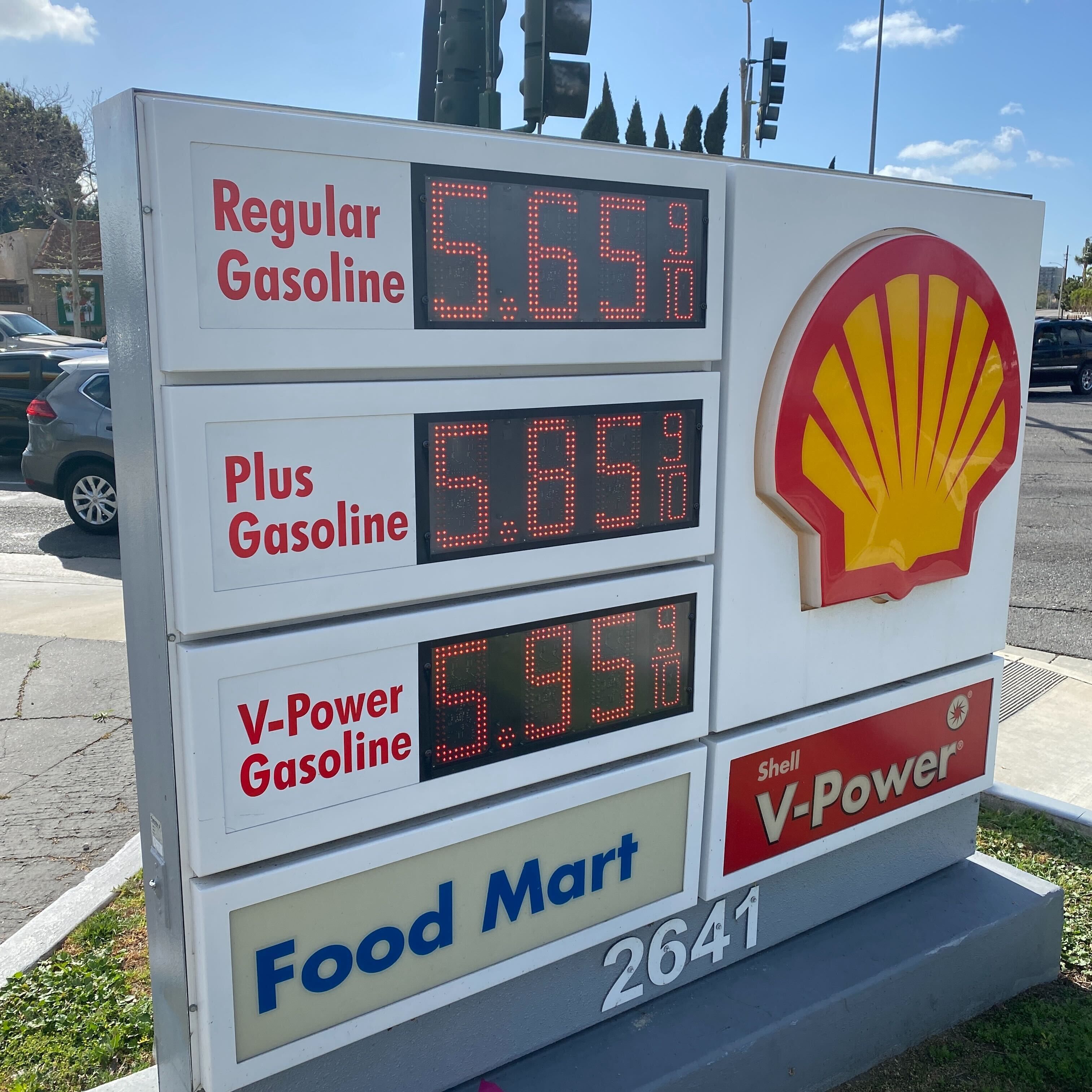Understanding the Fluctuating Oil Rate: A Comprehensive Guide
Recognizing the Fluctuating Oil Price: A Comprehensive Guide is a beneficial source for anybody looking for to obtain insights into the complex globe of oil rates. In a period where oil markets are continuously progressing, it is crucial to comprehend the aspects that drive rate fluctuations. This extensive guide gives a detailed analysis of the various pressures that affect oil rates, consisting of international supply and demand characteristics, geopolitical occasions, and the impact of market speculation. By delving into the complexities of cost volatility, this guide furnishes visitors with the understanding required to browse the ever-changing oil market. Whether you are a sector specialist, capitalist, or merely interested concerning the characteristics of oil rates, this overview uses a comprehensive introduction that will certainly boost your understanding of this critical aspect of the global economy.
Variables Impacting Oil Costs
When need for oil exceeds supply, prices often tend to rise, whereas when supply surpasses need, prices have a tendency to drop. Market speculation can likewise have a substantial impact on oil costs, as traders and financiers try to predict future price motions based on numerous factors such as political events or modifications in international financial conditions.
Geopolitical elements likewise play a crucial role in oil cost variations. Political occasions such as battles, problems, and sanctions can interfere with oil supply from significant generating nations, bring about price volatility. In addition, geopolitical tensions in key oil-producing regions, such as the Middle East, can develop unpredictability and boost the threat costs on oil rates (cheapest oil prices on long island).
Ecological aspects, especially policies associated to climate modification and power change, are progressively influencing oil costs. Procedures targeted at decreasing greenhouse gas emissions and promoting renewable resource sources can reduce the need for oil, therefore placing down pressure on costs. Additionally, environmental calamities or guidelines can interrupt oil production and transport, affecting prices in the brief term.
Worldwide Supply and Demand
The present state of worldwide supply and demand for oil dramatically affects its price. Recognizing the dynamics of supply and demand is critical in understanding the fluctuations in oil rates. International supply refers to the total quantity of oil produced by all nations, while global need represents the complete amount of oil eaten worldwide. When supply surpasses need, oil rates have a tendency to lower as there is an extra of oil available out there. Alternatively, when demand goes beyond supply, prices have a tendency to climb because of the deficiency of oil.
Numerous elements affect international supply and demand for oil. Financial growth is a major motorist of oil need, as increased economic task brings about higher energy usage. Aspects such as adjustments in transport, population, and automation likewise influence oil need. On the supply side, geopolitical occasions, all-natural disasters, and production decisions made by significant oil-producing nations can affect global supply. For instance, disputes in oil-producing regions can interrupt production and cause provide lacks.

In the last few years, the COVID-19 pandemic has actually had a considerable effect on international supply and demand for oil. Lockdown actions and travel restrictions have actually caused a reduction in oil demand, causing a surplus in supply and a sharp decrease in oil prices. As the globe starts to recuperate from the pandemic and financial task resumes, oil need is expected to increase, potentially bring about an increase in oil rates.
Geopolitical Events and Oil Costs
Geopolitical events play a vital role fit the rising and fall costs of oil. The global oil market is very conscious geopolitical tensions, problems, and events that can interrupt the supply and need dynamics. Any type of political instability or dispute in significant oil-producing regions has the prospective to influence oil costs see post dramatically.
For example, when geopolitical stress climb in the Middle East, which is a major oil-producing region, it can cause concerns about supply interruptions. This can create a rise in oil prices as investors and capitalists anticipate prospective disturbances in oil manufacturing and transport.
Similarly, political decisions and actions taken by major oil-producing countries can additionally influence oil prices. When OPEC (Company of the Petroleum Exporting Countries) members concur to cut manufacturing, it can result in decreased supply and consequently greater oil rates. Alternatively, when OPEC decides to boost production, it can bring about an you can find out more excess on the market and a succeeding decline in oil rates.
Moreover, geopolitical occasions in significant oil-consuming nations can additionally affect oil costs. Economic and political advancements in countries like China, the United States, and Europe can affect oil need, subsequently influencing costs.
Effect of Market Conjecture
Continuing from the previous subtopic, the impact of market supposition on oil costs can not be undervalued. Market speculation refers to the procedure of financiers and traders making predictions concerning future oil costs based on numerous aspects such as supply and demand dynamics, geopolitical occasions, and economic indicators. These suppositions can have a considerable effect on the cost of oil in the short-term.

Additionally, market supposition can affect oil costs by shaping market sentiment. If speculators believe that oil rates will certainly climb, they might participate in purchasing tasks, leading to an increase in rates. Alternatively, if they expect a decline in prices, they could offer their placements, driving costs down.
Nevertheless, it is essential to keep in mind that while market supposition can have short-term effects on oil rates, it is not the single determinant of lasting cost patterns. Fundamental variables, such as Get More Information adjustments in supply and need fundamentals, inevitably drive the general direction of oil rates.
Comprehending Price Volatility
Market conjecture plays an important duty in comprehending the rate volatility of oil. Price volatility refers to the fast and substantial adjustments in the price of a product, such as oil, over a brief period.
When traders and investors acquire or offer oil contracts based on their assumptions of future rate movements,Conjecture happens. These speculators do not have a straight passion in the physical delivery of the commodity but purpose to benefit from cost variations. Their actions can magnify cost motions and add to raised volatility. When speculators anticipate a boost in oil costs, they buy large amounts of oil contracts, driving up costs. Alternatively, when they anticipate costs to decrease, they market their settings, putting down pressure on costs.
The influence of market supposition on oil cost volatility is a subject of ongoing debate. Doubters say that extreme conjecture can result in market distortions and price bubbles, while others compete that speculators supply liquidity and improve market efficiency. Regulating speculative tasks and raising transparency in oil futures markets are measures that policymakers have actually thought about to alleviate too much volatility.
Verdict
In conclusion, recognizing the varying oil rate requires an evaluation of various aspects. Global supply and demand, geopolitical occasions, and market speculation all play substantial functions in forming oil prices.
Comprehending the Fluctuating Oil Rate: A Comprehensive Guide is a beneficial resource for anybody looking for to gain insights right into the intricate world of oil costs (cheap oil prices long island). When need for oil exceeds supply, costs often tend to climb, whereas when supply exceeds demand, costs often tend to drop. When supply goes beyond demand, oil costs often tend to lower as there is an excess of oil offered in the market. Speculators can intensify price movements by taking big settings in oil futures agreements, which are arrangements to buy or sell oil at an established rate in the future. When speculators prepare for a rise in oil rates, they purchase big amounts of oil agreements, driving up costs